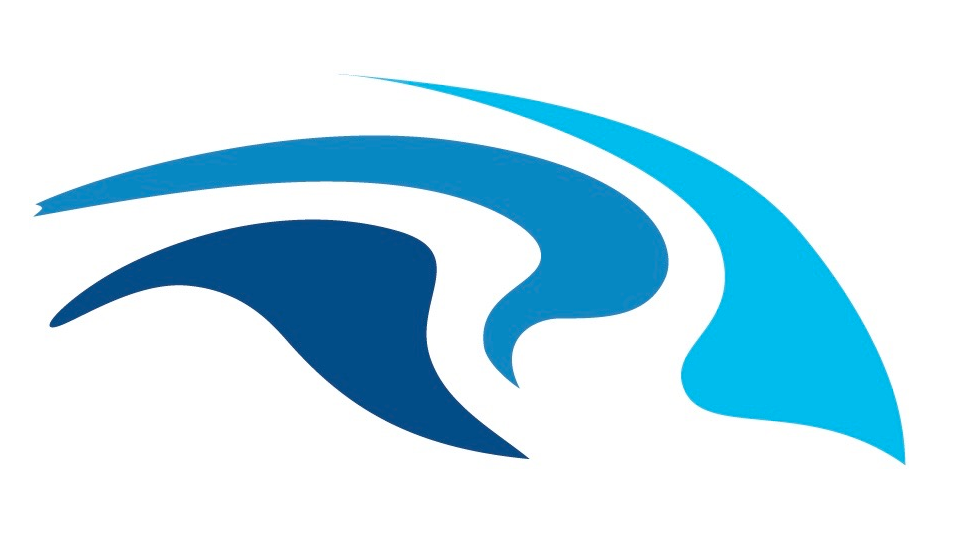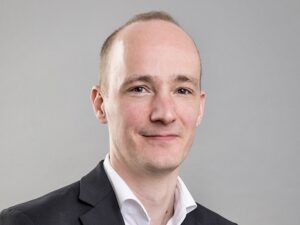23rd — 24th October 2020
ECSWE Council meeting explores digital learning

On 24 October 2020, invited experts presented ICT and media curricula from Germany, Switzerland and Hungary.
Georg Jürgens and Dora Šimunović reported on the recent launch of the EU’s Digital Education Action Plan 2021–2027 that kept the office busy throughout this year. ECSWE has prepared inputs into the Commission’s two public consultations and proposed a series of amendments to the European Parliament’s report on Shaping digital education policies, that is currently negotiated in the CULT Committee. ECSWE also hosted an online-event during this year’s Lifelong Learning Week.
To support Council members in their work towards developing and implementing an age-appropriate and development-oriented media education in their home countries, the new competence-based ICT and Media curriculum from Switzerland was presented alongside its Hungarian counterpart and the German Brochure on Media education in Waldorf schools. Members also had the opportunity to discuss these new resources with invited experts. The presented resources will now be translated into English for wider dissemination inside and outside the Waldorf movement.
Ilona De Haas gave an update on the ERASMUS+ project collecting personalised assessment practices from across Europe. The collection is progressing steadily and first results were subsequently presented during the Lifelong Learning Week event on Assessment and dialogue: Enabling pupils’ participation. The project will conclude in May 2021 with a publication of 15 — 20 good assessment practices and a peer training event.
Another novelty in our work was presented and jointly evaluated by members in this meeting: Structured Zoom calls with ECSWE members allowing board and staff to gain a better understanding of individual members’ needs and their perception of our PR and advocacy, our internal work and the quality of our meetings. The first trial round already gave valuable input for our future work and will allow us to align our work closer with members’ needs and priorities. In 2021 we will continue to involve all the remaining members in this highly promising exercise.
The shared experience of the COVID-19 restrictions across Europe and the insights from members’ calls inspired a debate on how to rethink the way we organise our Council meetings in the future. As a result, the frequency of live meetings will be reduced from three to two per year, while shifting from knowledge sharing events to active collaboration. The two collaborative live meetings will be complemented with two one-day online events dedicated to knowledge transfer and exchange to ensure the continuity of Council work throughout the year.
A question? Please don’t hesitate to contact us!




